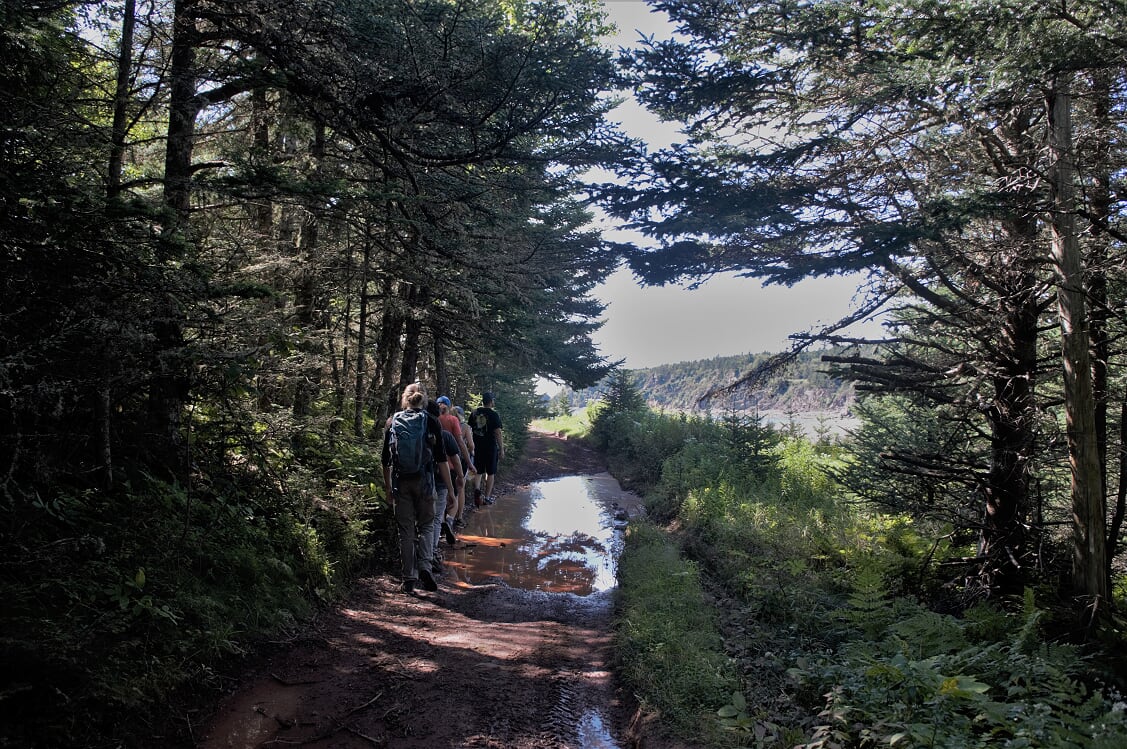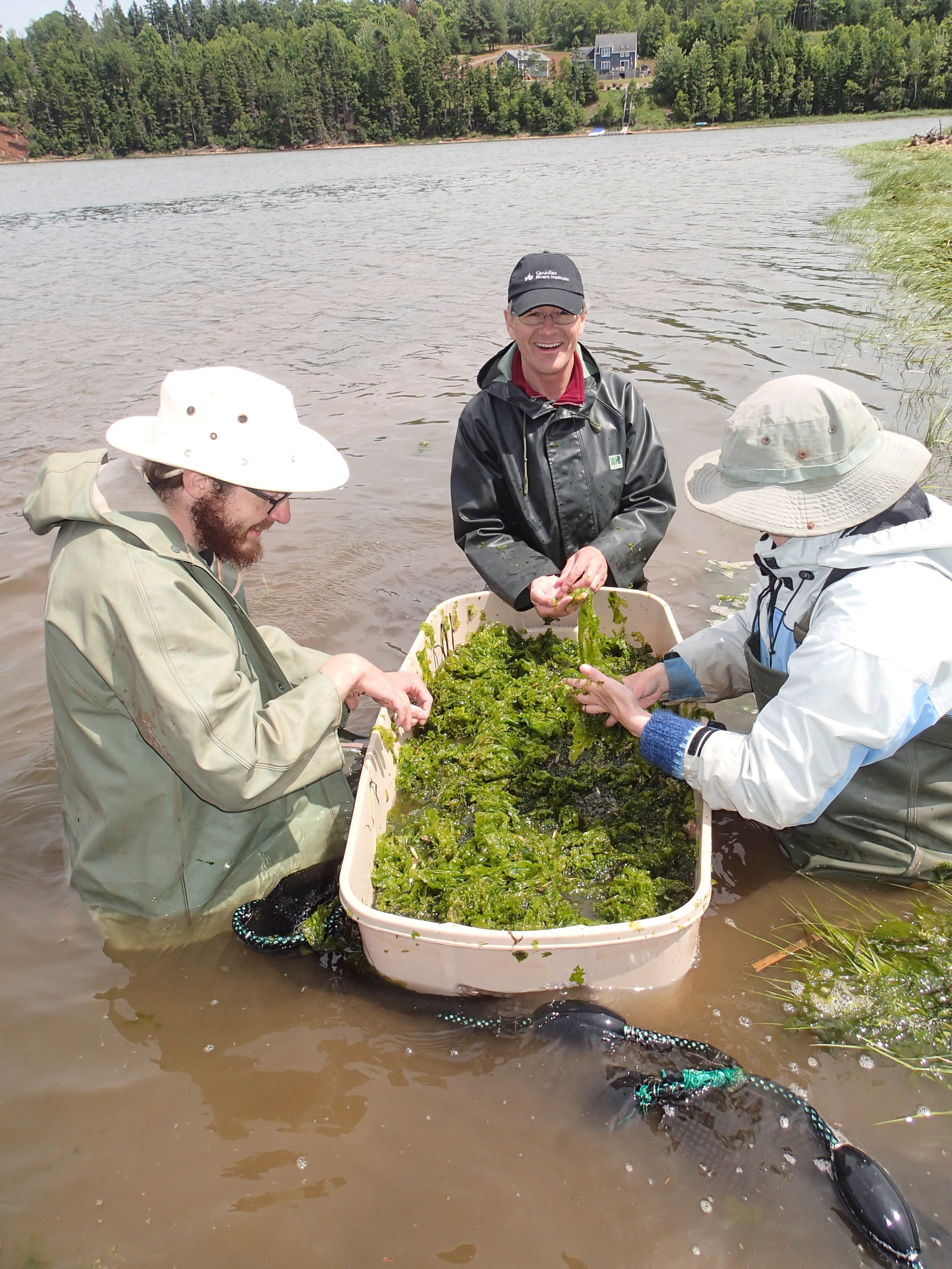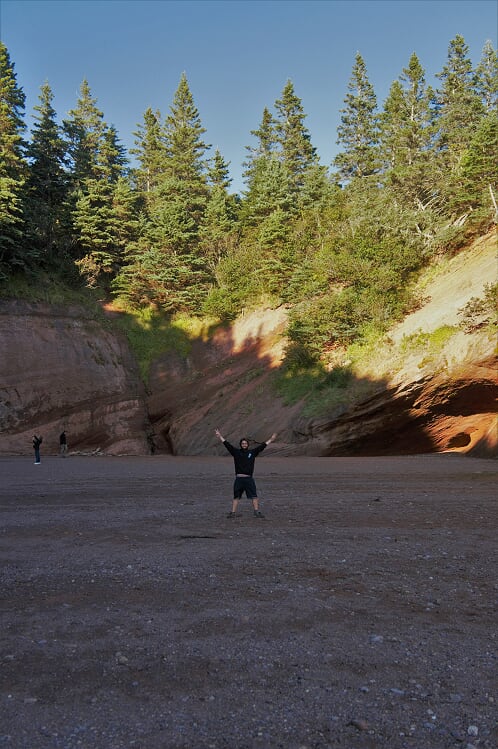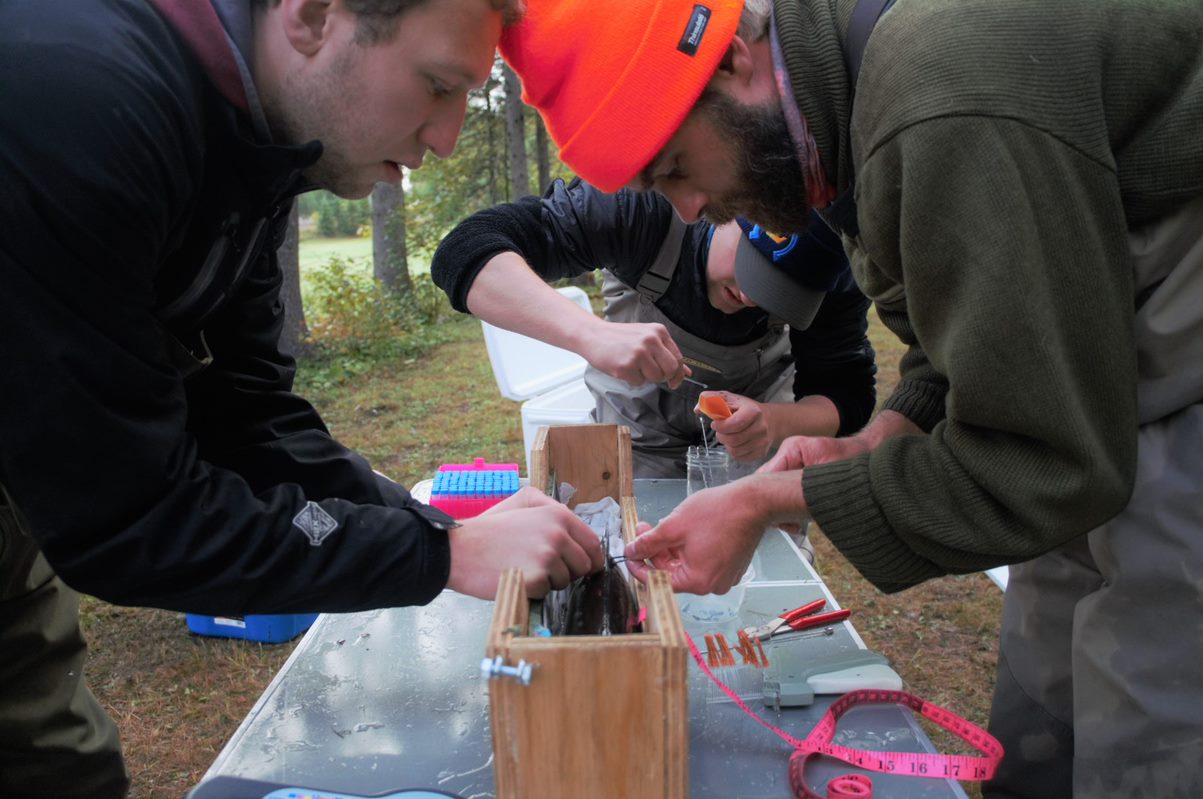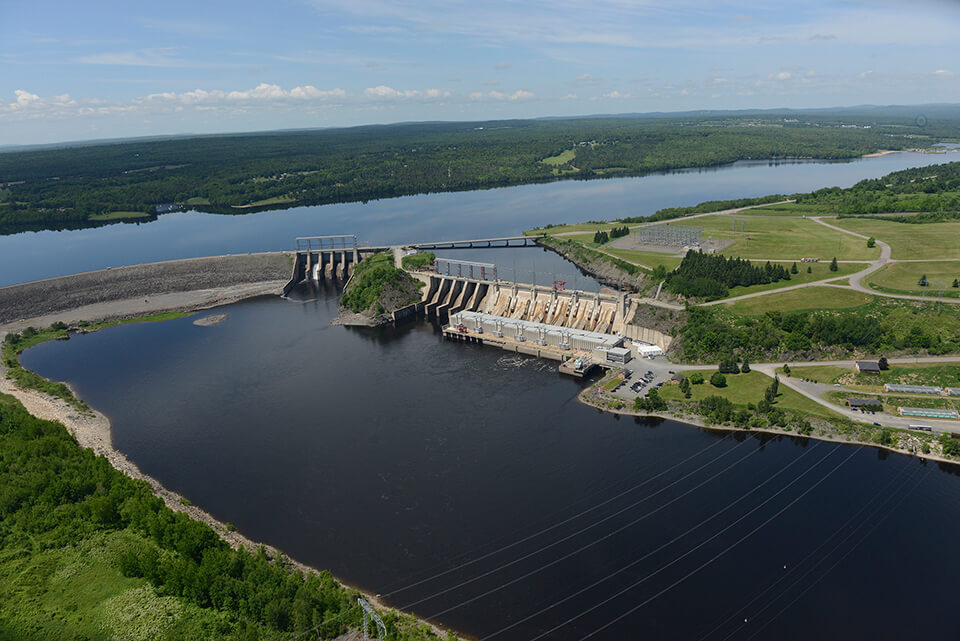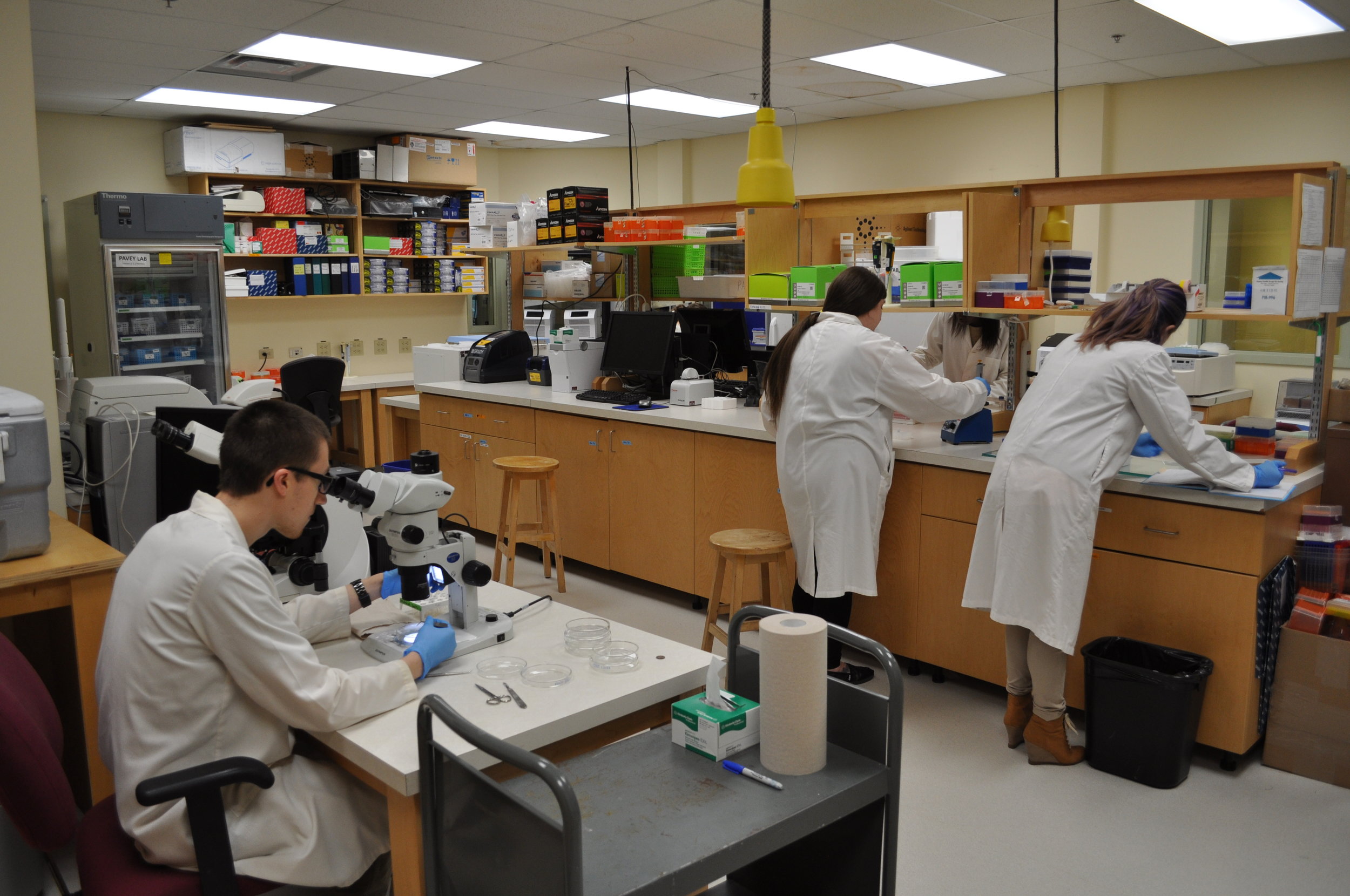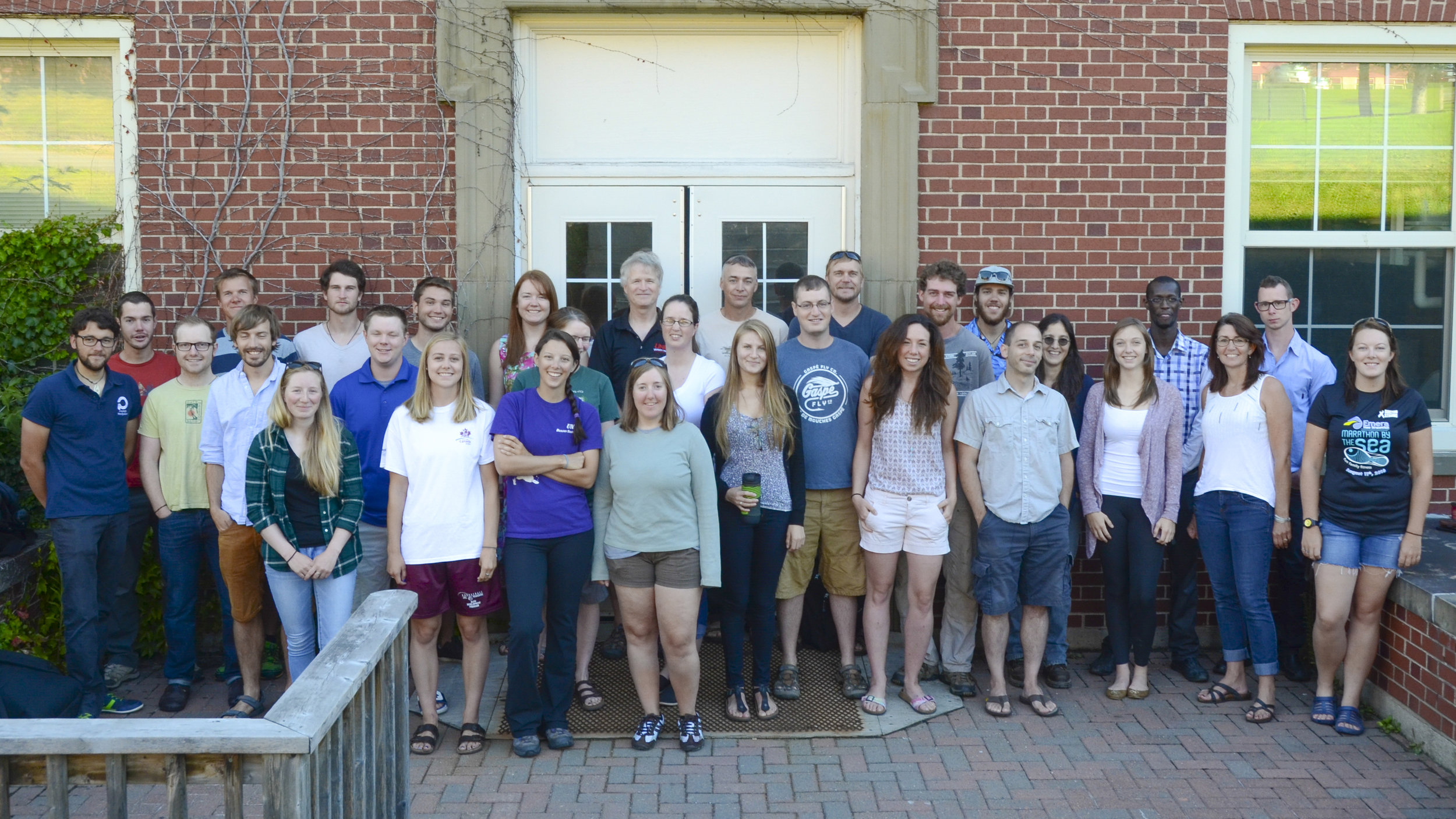International InternshipS with the canadian rivers institute at the university of new brunswick
The Canadian Rivers Institute (CRI) is happy to provide internship opportunities for international students via the University of New Brunswick. Every year, students join our team from universities around the world. We are working on various research projects and we ensure that the students are exposed to many different research techniques. Upon completion of the internship students will have learned multiple research skills that will be useful in their future careers.
The selected interns work on different aquatic research projects under an internship host advisor. The advisor will be supervising the intern, will assist the intern in completing and small research project, and is responsible for a successful internship.
Note: Some projects will cover food and accommodation during the time spent at field stations. In addition, the Canadian Rivers Institute may help interns apply for scholarships that may be available. As an example, many universities have travel grants available for students interested in gaining work experience abroad.
The Application Period for summer 2023 internships is closed. Applications are being reviewed by the Canadian Rivers Institute at Applicants will hear back regarding the status of their application no later than March 31, 2023.
2023 Internship Opportunities
University of New Brunswick’s Interactions in Tomorrow’s Environment Laboratory (UNB-INTEL). The internship will focus on assisting on a research project which aims to better understand the timing and behavioural thermoregulation of wild Atlantic Salmon across a gradient on rivers with different thermal characteristics. Work will include regular field visits to install and maintain instrumentation, i.e., temperature loggers and underwater video cameras. The intern may also assist in various other fish research and remote sensing activities throughout the summer. Learn more about the work of Dr. Tommi Linnansaari and Dr. Antóin O’Sullivan.
University of New Brunswick - CRI Genomics Laboratory. The CRI Genomics group led by Dr. Scott Pavey, studies the DNA and RNA of aquatic organisms, from macroinvertebrates to Atlantic Salmon, to answer questions about these organisms and their populations. The CRI Genomics lab is seeking interns to assist with several projects, most prominently being field ecology studies on the gut microbiota of aquatic macroinvertebrates and environmental DNA/RNA surveying of wild Atlantic Salmon. Duties will include regular visits to the field to sample aquatic invertebrates and collect environmental samples. The intern may also assist in various lab-based studies that focus on characterizing the population genetics of a number of fishes (for example, Atlantic Salmon, Atlantic Cod, Stripped Bass). The work may include assisting with DNA extractions and other general lab work. Learn more about the CRI Genomics Laboratory.
University of New Brunswick with Environment and Climate Change Canada. Dr. Donald Baird, a Research Scientist with Environment and Climate Change Canada and Professor at the University of New Brunswick, is leading a team to study urban wetlands in Fredericton, NB, Canada, focusing on measurement of ecosystem services for wildlife with a focus on birds, bats, reptiles and amphibians, and how measuring these ecosystems services can help in wetland conservation prioritisation. This project has a broad scope, and includes measurement of key wetland ecosystem functions (primary production, detritus processing) in relation to wetland biodiversity. The team will also collect information on wildlife use of the wetlands using a combination of trap cameras, acoustic recording devices, eDNA, and visual observation. The intern will gain experience in field surveying techniques including sediment and water quality sampling and biodiversity surveying, including eDNA techniques. The team will be carrying out drone surveys as part of the field program, from May - October 2023. Learn more about Dr. Donald Baird.
University of New Brunswick - CRI Mactaquac Aquatic Ecosystem Study. The Mactaquac Aquatic Ecosystem Study (MAES), is a multidisciplinary project investigating the physical, chemical, and biological impacts of a large hydropower dam on the Saint John | Wolastoq River in New Brunswick, Canada. They are seeking interns to assist with a wide range of field ecology projects within the MAES program, including telemetry studies on a number of different species (for example, Atlantic Salmon, Americal Eels, Atlantic Alewife, and Shortnose Sturgeon), water quality studies, eDNA studies, cyanobacteria, and more. Learn more about the MAES project.
You must have a current, valid passport at the time of application to participate in the program. Fill out the online application form by February 15, 2023 for consideration.
Jules Giraudet, 2018 intern
MSc Student, Groupe ESA, France
TESTIMONIAL
Jules Giraudet
MSc student, Groupe ESA, France.
Internship period: July 2018 - October 2018
I am Jules, a French student in engineering. As part of my studies it is mandatory to do a 3-month internship. I found an interesting research group in CAST and was able to join the team as an intern.
I chose this internship for multiple reasons. The first is that the field of study of the CAST project is an area of great interest to me. CAST is an environmental project based on the preservation of wild Atlantic salmon.
I would also like to work in this field after my studies. In addition, it is always interesting to do an internship in order to improve your knowledge but also to see how the work is done in the field. It is a good approach to our future active life. The other reason for my internship with CAST is that I know a former intern who explained to me what he had done over there. That the CAST team was made of very nice people. So, it was after talking to him that I decided to apply for this internship.
What was very interesting during this internship was that I was able to work on all CAST projects. Whether it's with David with electrofishing, or with Jani and the use of sonars to Ryan with tracking. So this internship was really very interesting because each project is different and therefore uses different methods. I learned a lot from them.
This internship was really amazing. For nature lovers, Canada is perfect. The Miramichi River and its forests are simply beautiful. In addition, I want to thank the entire CAST team who is very friendly. They are always available for questions or problems and are always there to laugh with you.
I think what was special about this internship was the workplace. Every week we work in the wilderness of Miramichi, which is great. Moreover the weekends are in town, this mixture between city and nature is really interesting.
This internship was a very good experience on all aspects: study, work, and social.

